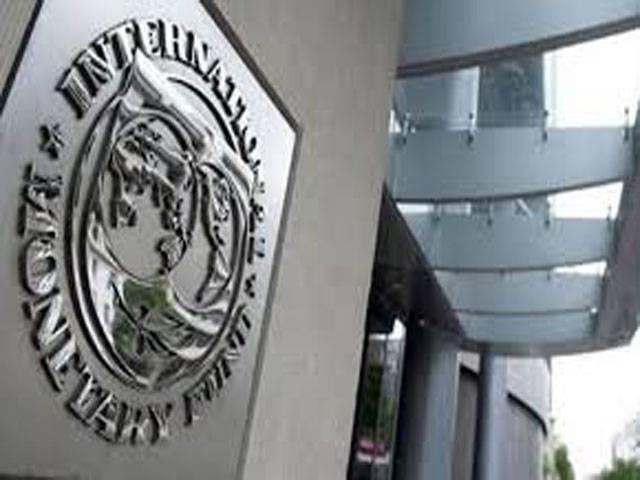ISLAMABAD - The International Monetary Fund (IMF) is set to approve last tranche of $102 million for Pakistan under $6.64 billion programme.
On September 28, the executive board of the Fund would consider the 12th and final review under the extended arrangement and request for waivers of non-observance of performance criteria. “We are hopeful that IMF board will approve the final tranche for the country, which will be received in next two to three days after the approval,” said an official of the Ministry of Finance.
He further said that Pakistan would be no more in IMF’s programme after its board approved the last installment.
This is the first time the country has successfully completed the IMF programme in 15 years, as Pakistan last time completed a one-year standby arrangement in 2001. Pakistan and IMF held talks for the last tranche in Dubai from July 26 to August 4, 2016. The government had sought two waivers on key conditions of reducing the budget deficit and net domestic assets (NDA) of the State Bank of Pakistan (SBP)’s targets, as Pakistan missed both those targets for the 2015-16 fiscal year, which ended on June 30.
The government entered into IMF programme in September 2013 at the time when country’s foreign exchange reserves were declining sharply. The Fund had approved the 36-month extended arrangement under the EFF in the amount of SDR 4.393 billion (about $6.64 billion at the time of approval of the arrangement). The Islamabad had received $6.01 billion in eleven tranches.
The government had already decided not to take fresh IMF programme due to healthy foreign exchange reserves. The reserves are around $23 billion, which are highest ever in country’s history.
The IMF had projected that Pakistan’s growth is expected to reach 5 percent in FY 2016/17, supported by buoyant construction activity, strengthened private sector credit growth, and an investment upturn related to the China Pakistan Economic Corridor (CPEC). Nevertheless, a challenging global environment and declining exports are weighing on growth prospects. Average inflation is expected at around 5.2 percent in FY 2016/17, remaining well-anchored by continued prudent monetary policy. Gross international reserves reached $18.1 billion at end-June 2016, covering over four months of prospective imports.
The Fund had acknowledged Pakistan’s economy made significant progress toward strengthening macroeconomic and financial stability and resilience, and laying foundations for higher, more sustainable, and inclusive growth. Growth gradually accelerated, international reserve buffers have been rebuilt, and the budget deficit narrowed significantly, helped by sizeable growth in tax revenue. Inflation declined, helped by lower oil prices and improved monetary and fiscal policies. Regulatory reforms and improved energy sector performance have slowed the accumulation of arrears and begun to reduce outages. Coverage under the Benazir Income Support Program (BISP) has expanded, and stipends increased by over 60 percent. Regulations to fight money-laundering and financing of terrorism have been strengthened.
Despite some delays, the authorities continue to advance in their work toward restructuring and divesting ailing public sector enterprises (PSEs).






